The novel Coronavirus pandemic has spread across the globe and has so far affected more than 4,00,000 people worldwide. The spread of the virus has shifted from its epicentre in Wuhan, China to the western countries of Italy, Spain, UK and USA.
While the whole world is under either partial or total lockdown, the situation in Japan is very different. As of March 24, Japan has had 1,200 confirmed cases and 43 deaths because of Covid-19. Apart from this, only a few dozen new infections are being reported in the country every day.
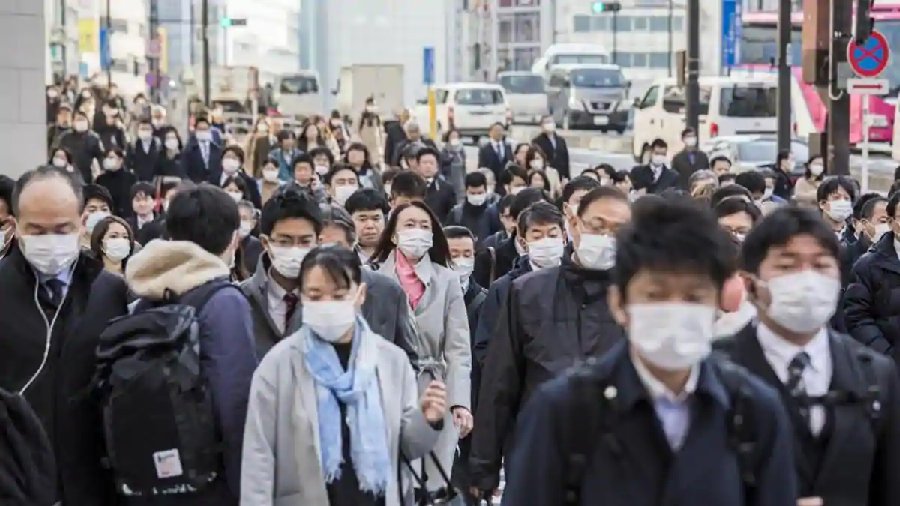
This figure is troubling. Japan has 6,158 people per square kilometre and while this figure is not the highest in the world, it can for sure have turned out to be a means for a mass outbreak of the virus. Not just this, Japan has the world’s highest density of senior citizens, a population that is the most vulnerable to the Covid-19 virus.
If these figures weren’t enough, Japan is extremely close to China, where the disease originated. Some 9,00,00 people entered Japan from China in January, and another 89,000 in February.
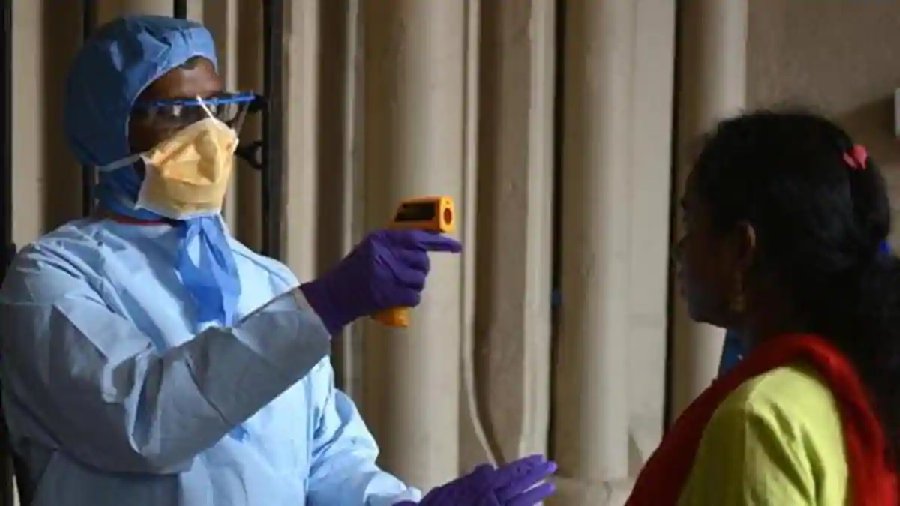
Cause of worry?
These low numbers of Covid-19 in Japan arouse suspicion that the Japanese government may be hiding the truth. After all, Japan had to project itself as safe in the wake of the coming but now postponed Olympics.
Japan has the capacity to take 6,000 diagnostic tests per day but Japan has been testing only around 14,000 people a day. This figure is 20 times fewer than South Korea.
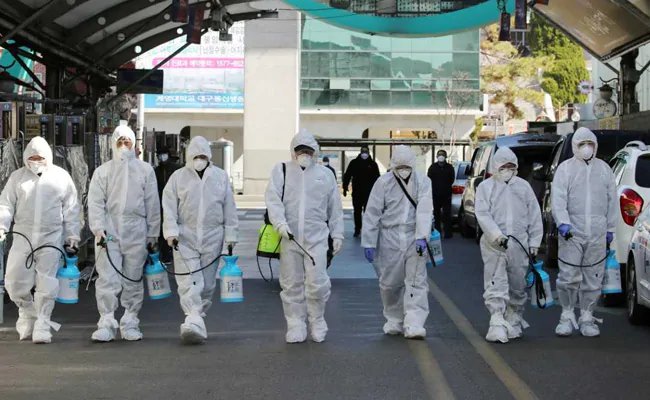
DW quotes Masahiro Kami, a virologist at the Medical Governance Research Institute, “Only patients with the most severe symptoms are tested. That means the number of unreported cases is very high.
While health experts in Japan deny these claims. In an interview to DW, Sebastian Maslow, a German political scientist at the University of Tokyo said, “The low number of tests was intended to ensure that health care resources remained available for serious cases of infection.”
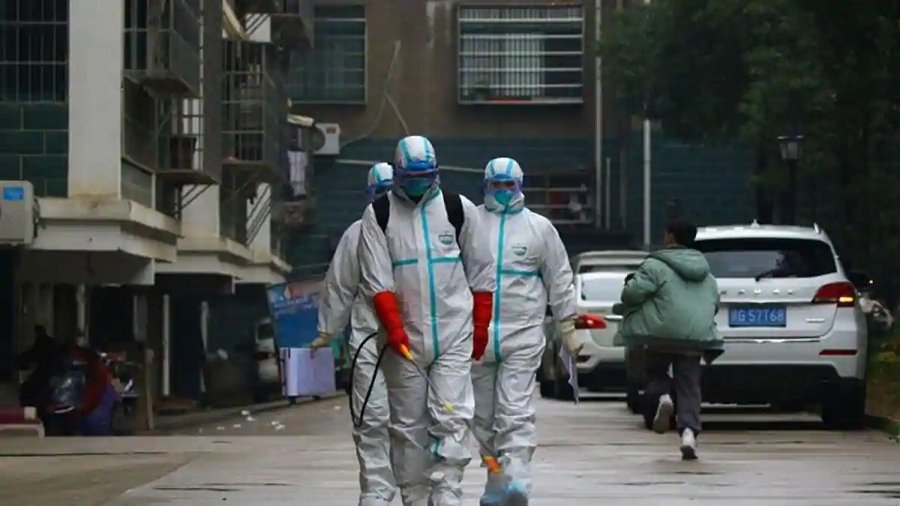
WHO has maintained time and again that testing is one of the most effective ways to limit the spread of the virus as it directly removes the affected person away from social contact.
Even India’s testing rates have been lowest in the world and it is high time that both India and Japan up their testing game.
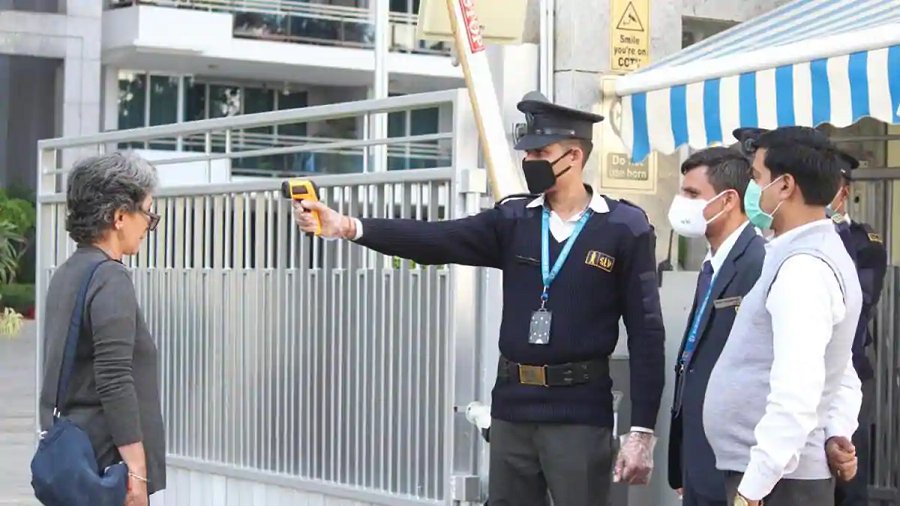
A Way of Living
While the surely low rate of testing can be one of the major reasons behind Japan’s low figures. But the Japanese way of living can also play a huge part in controlling the spread of the virus.
Masks are a part of their daily lives
Almost everyone in Japan goes out in public places wearing a mask. A random day on Japan’s rail network would seem as if every day is Coronavirus prevention day. If everyone actually follows basic hygiene in public spaces, the spread of the virus can be controlled to a great extent.
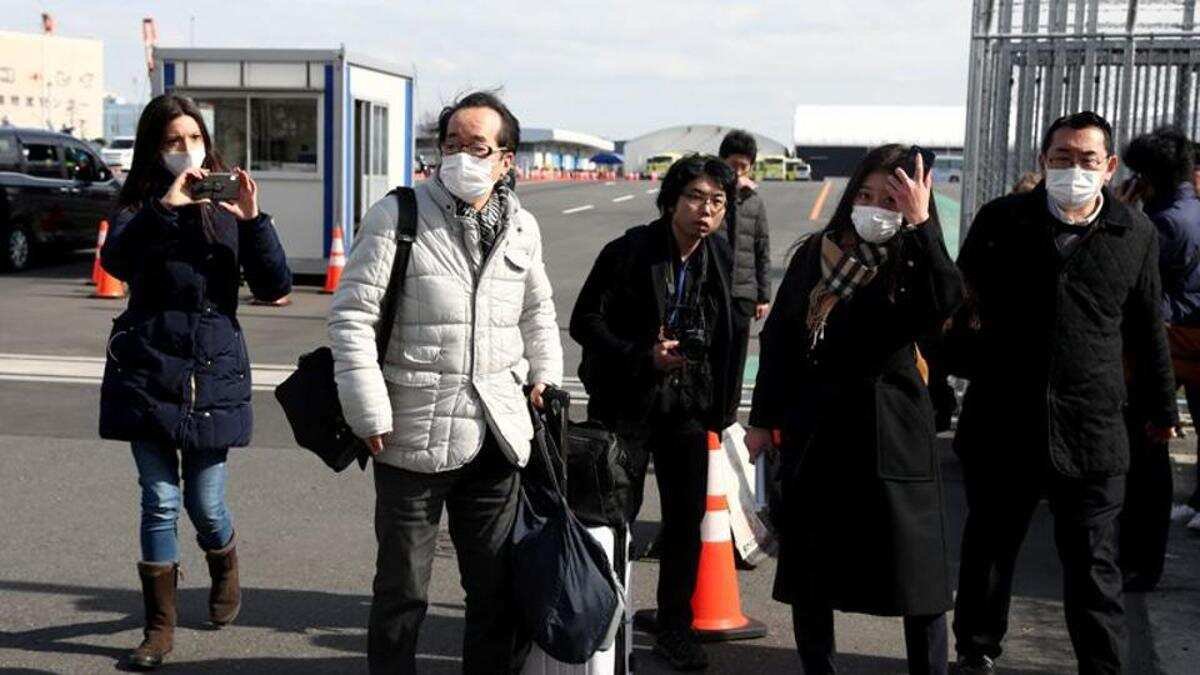
How they greet each other
Japanese greeting etiquette is different from the rest of the world and is still practised widely in the country. Japanese bow instead of a handshake and that plays a huge role in controlling the virus.
It’s time that we Indians also go back to folding our hands in the form of Namaste, our traditional way of greeting.
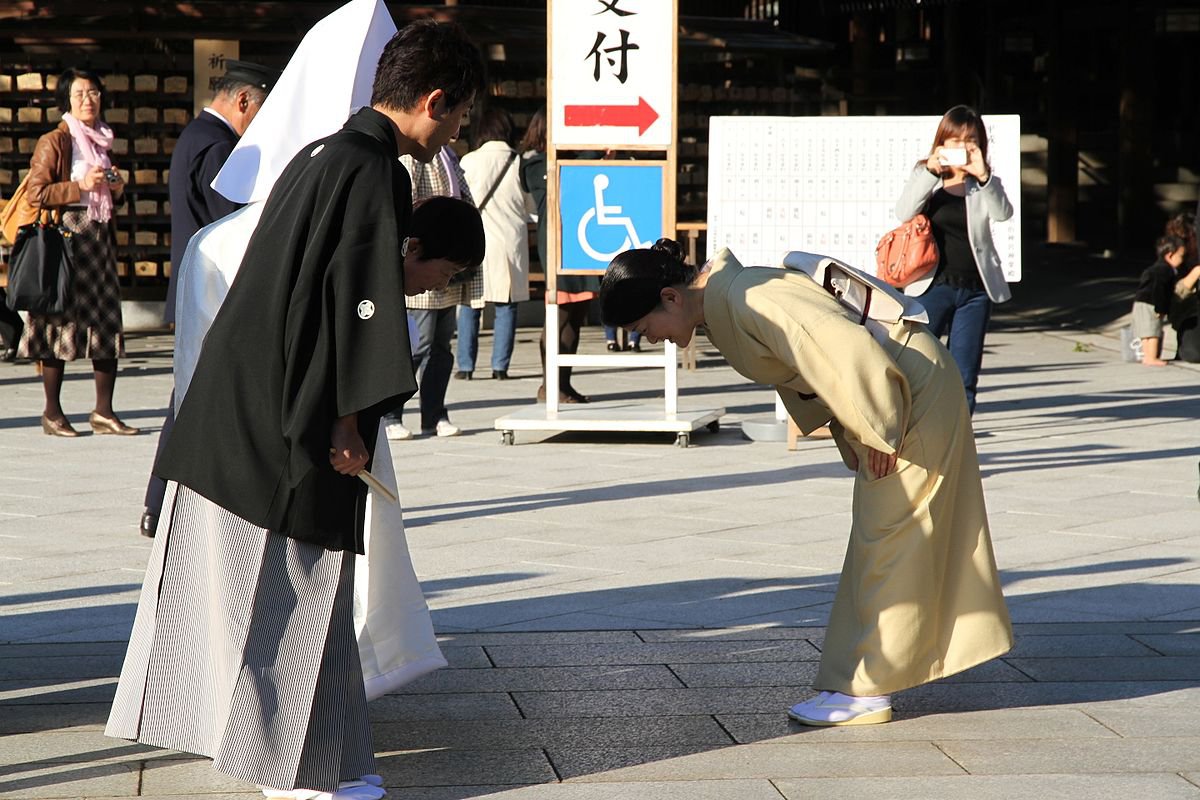
Washing Hands
After the 2002 SARS Virus, Japan had inculcated the habit of washing hands frequently.
Japan’s Health Ministry had even created a mascot six years ago to remind people to wash hands. The mascot is a soap bubble by the name of Shinjuku Awawa.

It is important for Health Ministries in India to come up with sensitisation programs to make people aware of basic hygiene in the times of this pandemic.

















